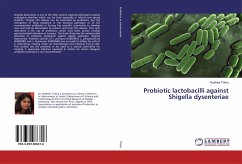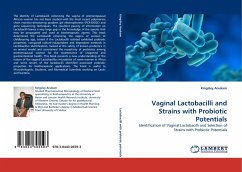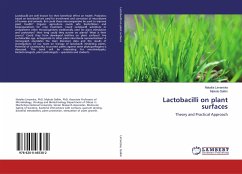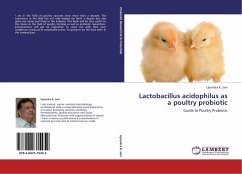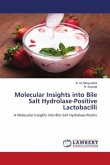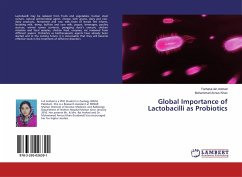Shigella dysenteriae is one of the most virulent bacterial pathogens causing contagious diarrhea which can be fatal especially in infants and young children. Though this disease can be controlled by antibiotics, but the emergence of drug resistance in this bacterial pathogen to all the recommended antibiotics is forcing the scientific community to develop new and natural alternatives to prevent and treat this disease. One such alternative is the use of probiotics, which have been proven combat gastrointestinal infections in humans. This book illustrates the antimicrobial potential of probiotic lactobacilli against deadly pathogen Shigella dysenteriae. Probiotic cocktail of L. pentosus (KJ802481), L. paraplanatrum (KJ802482) and L. rhamnosus (KJ802483) was successful in killing the cells of S. dysenteriae residing inside rat macrophages and intestinal Caco-2 cells. This cocktail has the potential to be used as a natural alternative for treating S. dysenetrie infection especially in infants for whom stringent antibiotic treatment is not recommended.
Bitte wählen Sie Ihr Anliegen aus.
Rechnungen
Retourenschein anfordern
Bestellstatus
Storno

